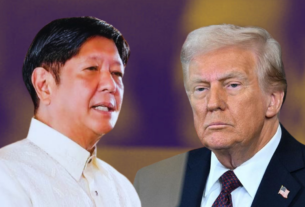As the global economy navigates post-pandemic recovery, inflation remains a key concern for governments and financial institutions. In 2025, rising energy costs, supply chain disruptions, and geopolitical tensions are driving inflationary pressures across major economies.
The United States has managed to bring inflation down to 3.5%, thanks to aggressive monetary policies by the Federal Reserve. However, the cost of housing and healthcare continues to rise, impacting middle-class families. In contrast, the Eurozone faces persistent inflation at 5.1%, driven by energy shortages and a weaker euro.
Emerging markets, including Brazil and Turkey, are grappling with double-digit inflation rates. Central banks in these regions are hiking interest rates to stabilize their currencies, but economic growth is slowing as a result. Economists warn that global coordination and innovative policy solutions are needed to address these challenges effectively.




